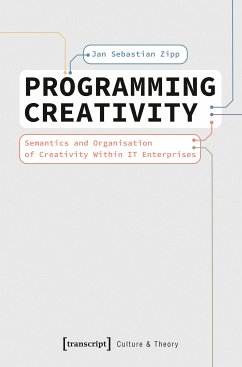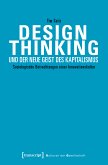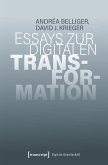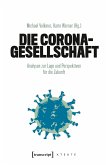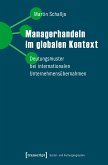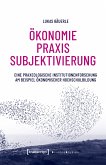What does »creativity« mean in the context of IT and what happens when IT acts in its name? Jan Sebastian Zipp examines the concept of creativity in large IT companies in times of digital change, including new ways of working or potential artificial creativity with no human interaction. Drawing on constitutive elements like Silicon Valley or its connection to counterculture, his analysis of the representation and organisation of creativity as a social practice provides insights into the inherent logic of the creativity narrative of IT. This study contributes vital foundations for a critical engagement with today's prevailing understanding of the concept of creativity.
Dieser Download kann aus rechtlichen Gründen nur mit Rechnungsadresse in A, D ausgeliefert werden.

